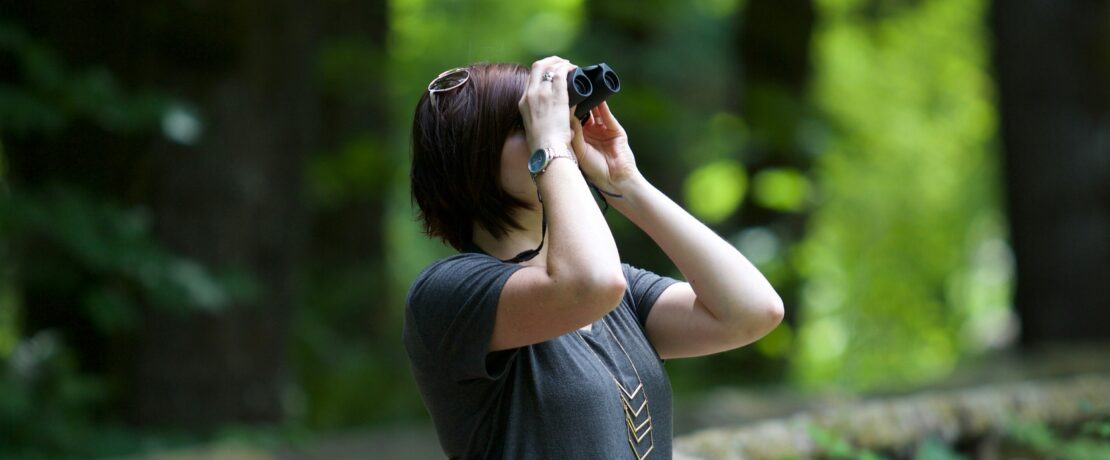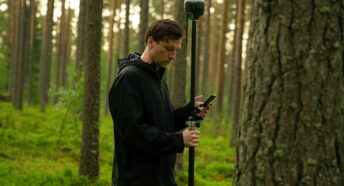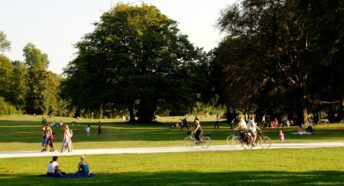Birds of Buckinghamshire
What started as a humble slot on the children’s TV show Blue Peter, the Big Garden Birdwatch is now titled the world’s largest wildlife survey.
Founded by fellow nature lovers at the RSPB we are in complete support of this yearly event. If you follow us on social media you will have seen we were calling CPRE members to get involved on the 26th-28th Jan. As this year’s entries are being collated we look at why surveys like this are important and how Bucks residents can further support birds in our county.
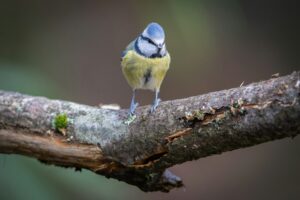 Over the last 60 years since the survey began there has been a sad decline of as many as 38 million birds from UK skies. In order to understand why our beautiful birds are struggling we need these invaluable insights to spot patterns in where our feathered friends appear to favour and where they are missing. Residents were asked to sit outside for one hour between 26th-28th and record birds that landed in your patch. If a group of birds repeatedly took off and landed in the same area during that hour, the RSPB asked that only the highest number of birds at any one time be noted. Last year the house sparrow was the most commonly spotted at a whopping 1,401,338 sightings being reported. If you were put off taking part this Jan because you didn’t have a garden, please remember this survey isn’t just restricted to those with a large estate. Locals in more built up areas are welcomed to participate from balconies and local parks.
Over the last 60 years since the survey began there has been a sad decline of as many as 38 million birds from UK skies. In order to understand why our beautiful birds are struggling we need these invaluable insights to spot patterns in where our feathered friends appear to favour and where they are missing. Residents were asked to sit outside for one hour between 26th-28th and record birds that landed in your patch. If a group of birds repeatedly took off and landed in the same area during that hour, the RSPB asked that only the highest number of birds at any one time be noted. Last year the house sparrow was the most commonly spotted at a whopping 1,401,338 sightings being reported. If you were put off taking part this Jan because you didn’t have a garden, please remember this survey isn’t just restricted to those with a large estate. Locals in more built up areas are welcomed to participate from balconies and local parks.
If you took part but sadly found your garden wasn’t too favourable, there are a few ways to make your patch a perfect respite spot. Spring sees many birds emerging from a winter where natural food supplies of wild berries and insects may have been in scarce supply. Bird friendly snacks can be offered up in a quiet spot in the garden where they can munch undisturbed. Birds like to have a clear view when eating to keep an eye out for danger, so a table top or bird feeder against a wall is ideal so it’s sheltered from strong wind too. Be wary of locating your bird feeder too close to bushes where cats and other predators could scare off or hunt the birds you are attracting.
Don’t be put off if you don’t have a flurry of visitors right away, it can take a little while for birds to spot a new offering. Another lovely option is a bird bath. Birds love a water feature or fountain but a simple breakfast bowl on an outdoor table will attract birds too. Birds today, along with ground based wildlife face many modern day challenges. So I was very pleased to see a healthy looking Robin hop up onto my balcony railings as I sat outside to write this article. Here in Bucks if you were lucky you may have spotted Barn Owls, Crossbills, Curlews, Firecrests, Hawfinches, Hobby (a type of falcon) or maybe a Nightingale that have all been recorded to breed in our county. A few residents may have heard the song of the Woodlark who are a little rarer and lastly larger Buzzards and Red Kites who are regulars in the Chilterns. For those who enjoy bird calls there is a lovely website www.british-birdsongs.uk. Where you can get yourself clued up on spotting the different British bird calls. They have a database of a large number of bird songs that can be found here in Bucks.
Apart from just serenading us and being fascinating to watch, local birdlife keep areas clean by acting as scavengers. Protecting plants from being overrun with pests and they of course play a vital role in pollination and seed dispersal. If you enjoyed the garden bird watch and would like to make further afternoons centered around bird watching, why not visit a birding trail in bucks using the fantastic list here www.alltrails.com/en-gb/england/buckinghamshire/birding.
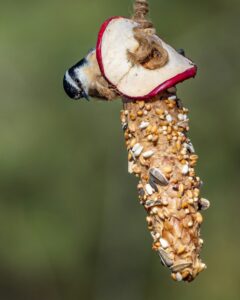
Why not try CPRE Buck’s DIY suet balls
If you hate food waste and want to support birds in the area, why not collect up your kitchen scraps such as cheese, cake crumbs, dry porridge oats, small pieces of fruit, nuts or grated cheese and simply mix with either lard, suet or solid vegetable oil (these are the only fats that can be easily digested and safe to offer birds) and set in the fridge overnight. Easy to make, but your very own fat cakes might be the energy rich treat needed to see a struggling bird through these colder spring days.
